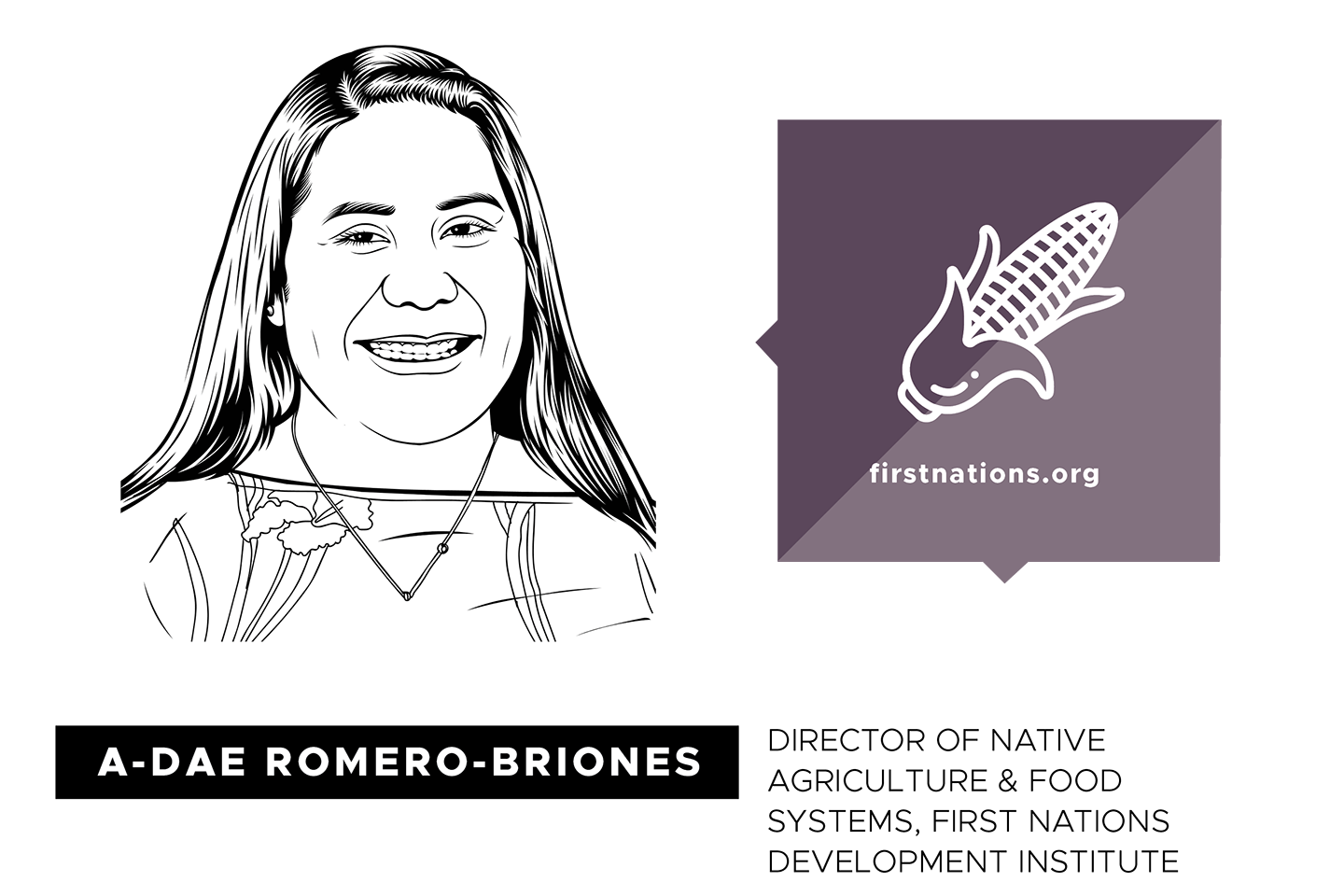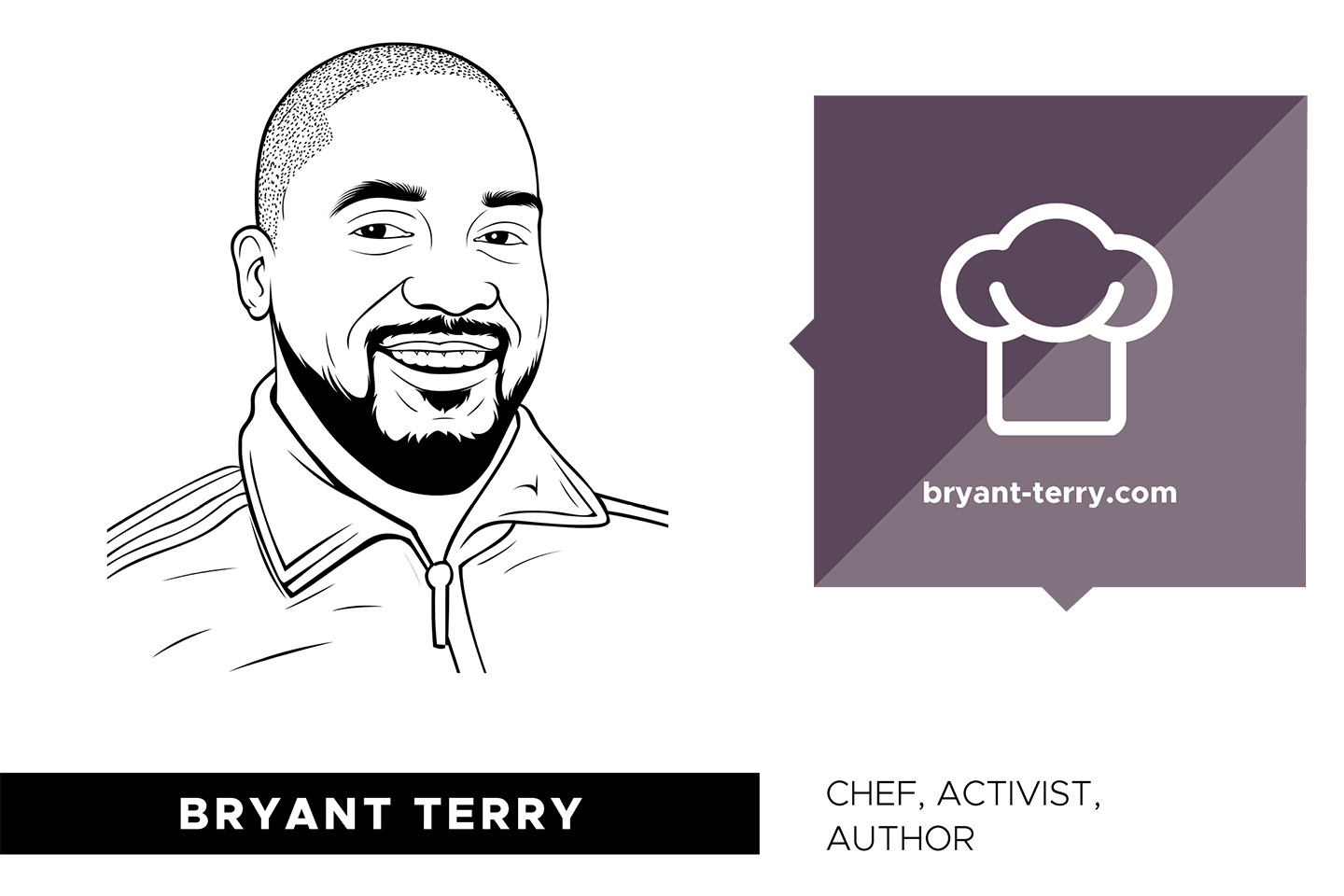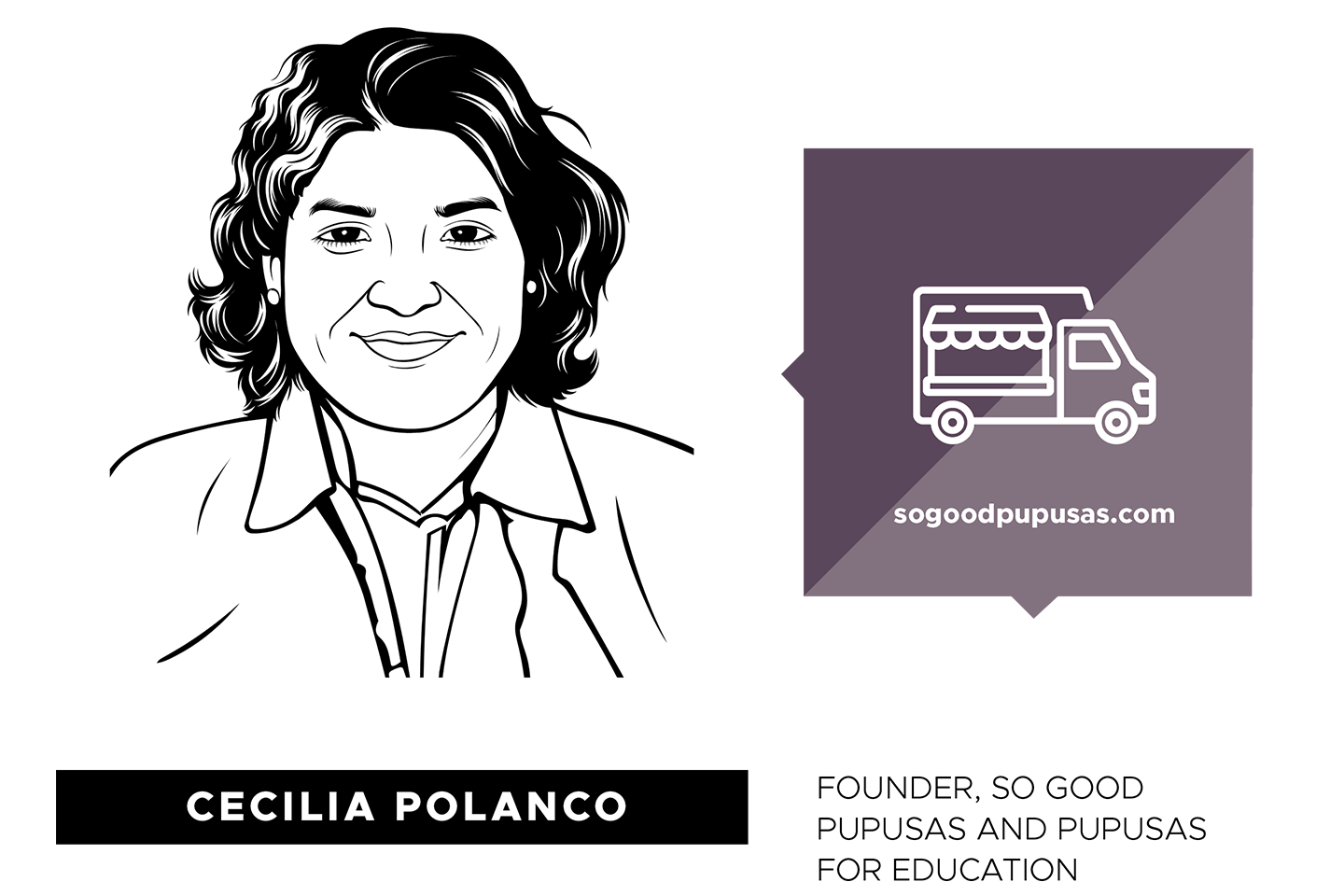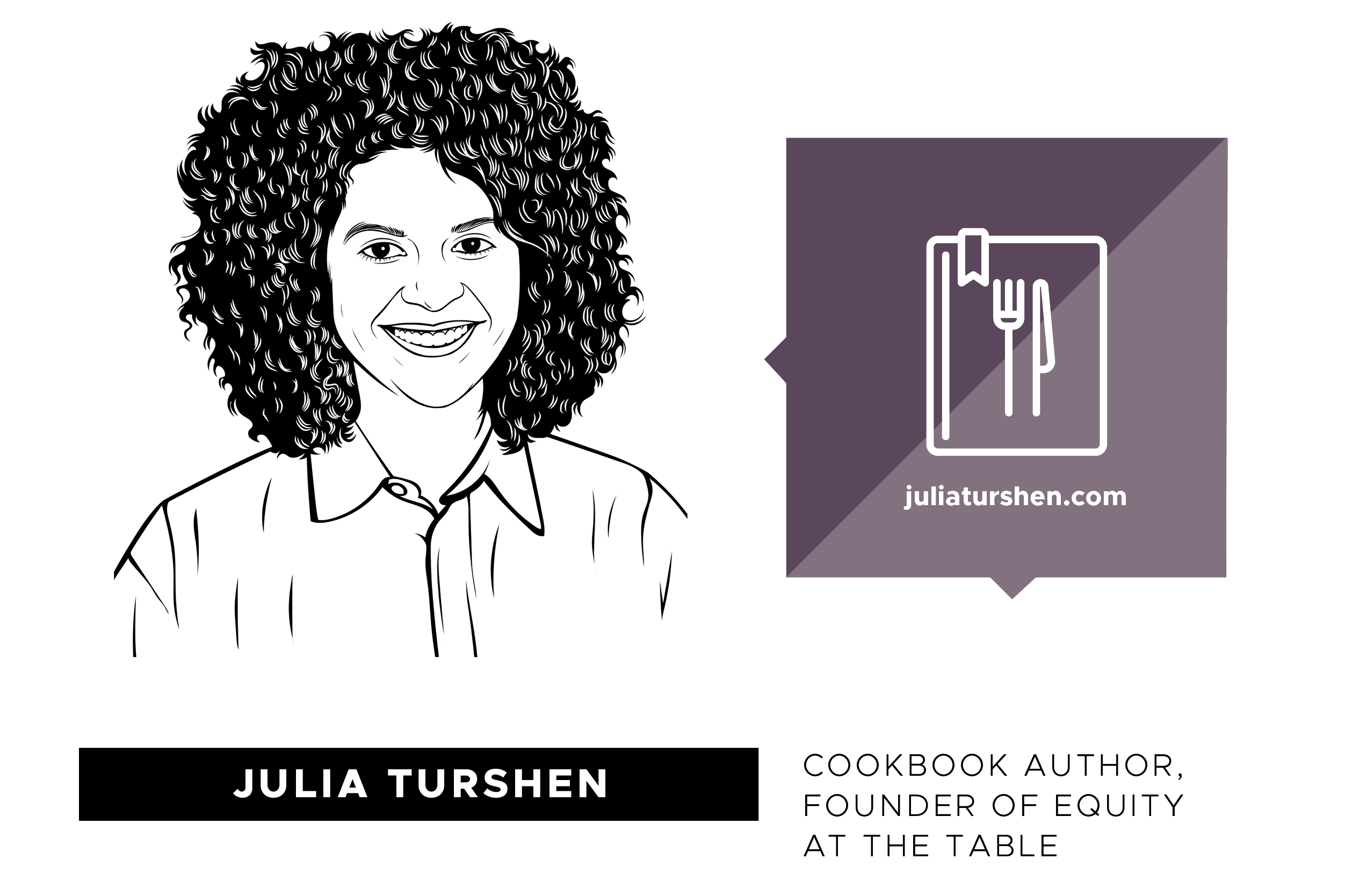In one sentence, describe your vision of a socially equitable food system.
My vision of a socially equitable food system is one where my grandchildren will eat the same foods my Cochiti grandparents ate and participated in maintaining.
What is the centerpiece of your current work for a socially equitable food system?
The centerpiece of our work is focused on providing opportunities for tribal communities to voice their own visions and plans for their food systems and to teach others about the historical disruption of our traditional food systems.
Aside from your own work, whose work are you most excited about in the pursuit of a socially equitable food system?
I am excited about the work of Clayton Brascoupe, who works with indigenous people across continents in strengthening Native food practices and seeds.
In one sentence, describe your vision of a socially equitable food system.
My vision of a socially equitable food system is locally-driven, locally-owned solutions to food apartheid.
What is the centerpiece of your current work for a socially equitable food system?
My work as chef-in-residence at the Museum of the African Diaspora in San Francisco. I create public programming around health, food, and farming issues with the goal of helping shift people’s attitudes, habits, and politics.
Aside from your own work, whose work are you most excited about in the pursuit of a socially equitable food system?
Leah Penniman, co-founder, co-director, and program manager of Soul Fire Farm and author of Farming While Black: Soul Fire Farm’s Practical Guide to Liberation on the Land.
In one sentence, describe your vision of a socially equitable food system.
My vision is one where we don’t prioritize profits over people; our abundance of food is distributed so no one goes hungry; our cities and governments implement, fund, and support green businesses practices, and a system where capitalism and racism are no longer the historical way in which we operate.
What is the centerpiece of your current work for a socially equitable food system?
The centerpiece for my work is my food truck, which we run very intentionally. We don’t use styrofoam and we compost, both optional choices that cost our business money.
Aside from your own work, whose work are you most excited about in the pursuit of a socially equitable food system?
I’m excited about black and brown farmers. Growing our own food is freedom, and an equitable food system starts where our food does, on farms in the hands of the people who care about good food.
In one sentence, describe your vision of a socially equitable food system.
My vision of a socially equitable food system would be a corruption-free system that values and respects everyone and everything, from people to land, along the way.
What is the centerpiece of your current work for a socially equitable food system?
Right now my focus is on a project I launched in 2018, Equity at the Table, an easy-to-navigate database for food industry professionals featuring only women/gender non-conforming individuals and focusing primarily on POC and the LGBTQ community. It dismisses the opportunity for gatekeepers to claim they can’t find anyone.
Aside from your own work, whose work are you most excited about in the pursuit of a socially equitable food system?
Germaine Jenkins from Fresh Future Farm in North Charleston, South Carolina.























